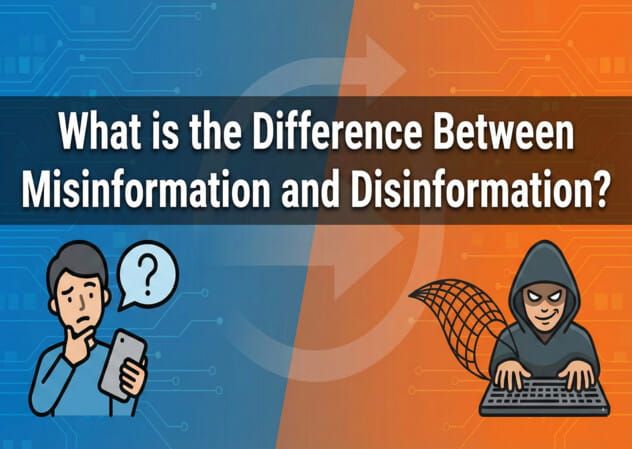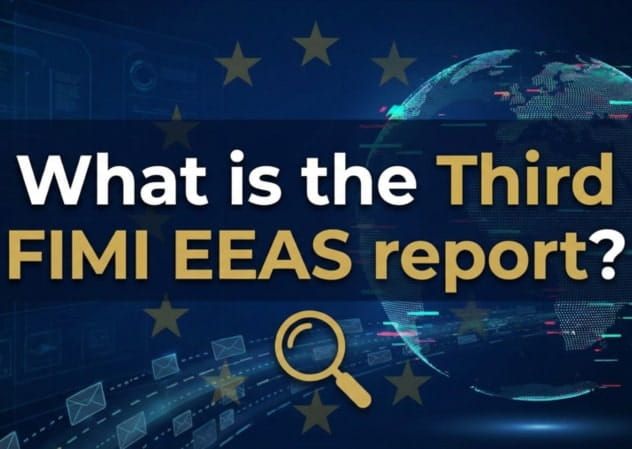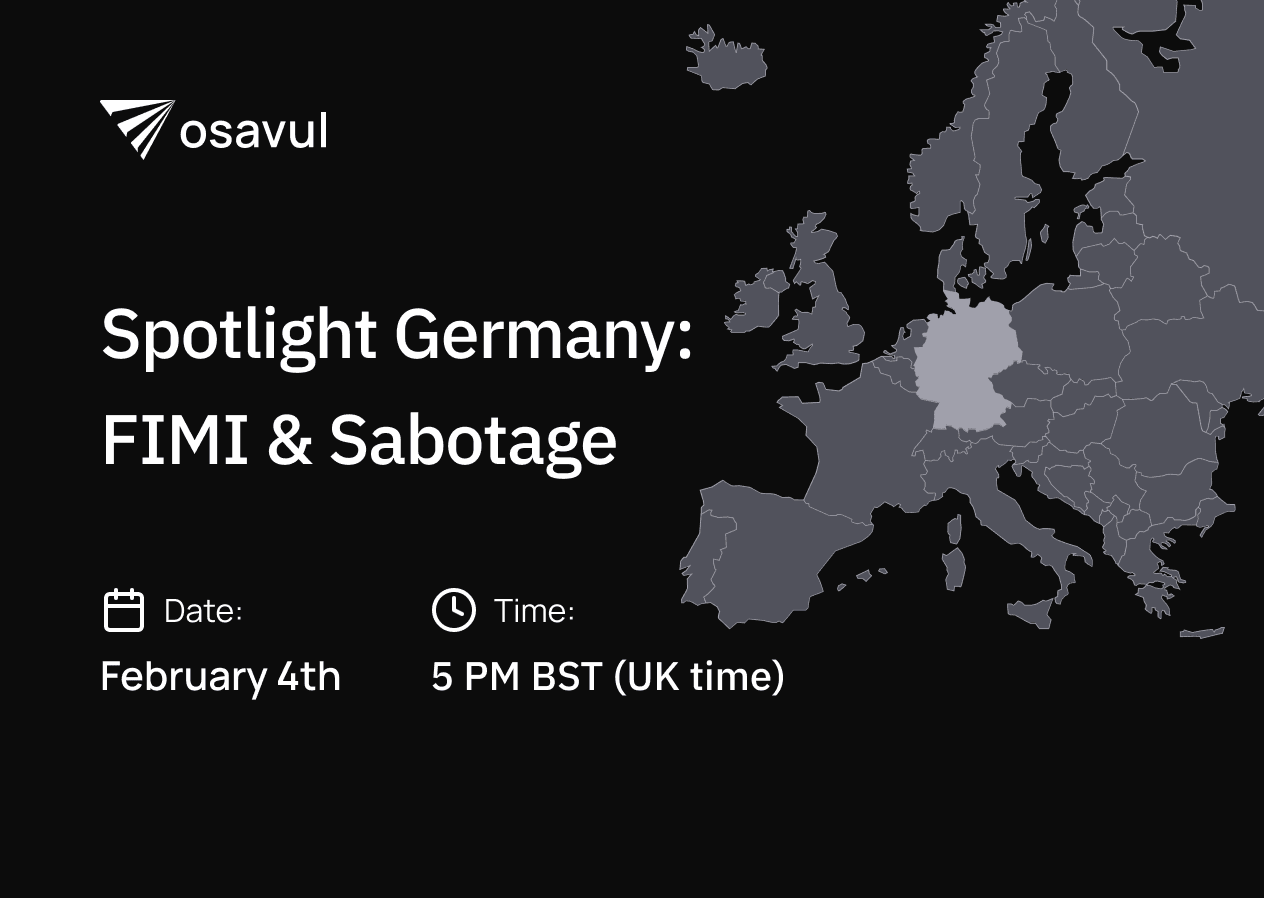This comprehensive regulatory framework addresses the challenges posed by the modern digital landscape, focusing on user safety, transparency, and accountability of online platforms.
In this article, we will explore the Digital Services Act, delving into its definition, purpose, and the primary objectives behind its introduction. We'll also break down what the Digital Services Act does, highlighting its key provisions and the measures it implements to combat illegal content and disinformation.
Additionally, we will discuss the scope of the DSA, identifying the types of services it covers and its geographic reach.
By the end of this article, you will have a comprehensive understanding of the Digital Services Act and its significant impact on the digital world. Keep reading to stay informed and protected.

What is the Digital Services Act?
The EU Digital Services Act is a special policy designed to overhaul and harmonize the rules governing digital services within the European Union. The document addresses the legal responsibilities of digital service providers, focusing on ensuring user safety, enhancing transparency, and holding platforms accountable for their actions. By creating a consistent set of rules across all member states, the act aims to modernize the digital landscape, making it safer and more equitable for users and businesses alike.
Purpose of the Digital Services Act
- Enhance user safety: Protect users from illegal content, goods, and services online.
- Increase transparency: Mandate clear reporting and communication from digital service providers about their policies and practices.
- Strengthen accountability: Hold platforms responsible for their role in disseminating illegal or harmful content.
- Promote fair competition: Foster a level playing field for all digital services operating within the EU.
- Protect fundamental rights: Ensure that the digital space upholds the fundamental rights of all users, including freedom of expression and privacy.
The DSA regulation applies to a wide range of digital services, including social media platforms, online marketplaces, search engines, and cloud services. By addressing the question of who the Digital Services Act applies to, it is clear that the act covers any service that facilitates the dissemination of user-generated content or enables online interactions within the EU. This is regardless of where the service provider is established.
For example, nineteen major platforms, such as Facebook, TikTok, and Google, must adhere to the most stringent rules, which include measures to protect children and prevent election interference. These platforms, identified for having over 45 million EU users, face additional requirements like assessing potential risks, reporting these assessments, and implementing measures to mitigate identified issues.
This includes addressing illegal content, protecting public security, and safeguarding children's rights. They also need to share details about their algorithms with regulators and provide data access to independent researchers.
So, this legislation marks a significant step forward in creating a safer and more transparent digital environment, ensuring that digital services operate fairly and responsibly in the EU.
What Does the Digital Services Act Do?
The European Union Digital Services Act establishes a set of rules aimed at enhancing user safety and platform accountability in the digital space. Its main functions and provisions address the responsibilities of digital service providers, ensuring that they operate transparently and take proactive measures to protect users from illegal activities and harmful content.
Main Functions and Provisions
- Transparency requirements: Platforms must clearly communicate their content moderation policies, including how they handle illegal content and user complaints. Regular transparency reports are required to provide insight into these practices.
- Due diligence obligations: Large online platforms are subject to stringent due diligence requirements, including risk assessments and mitigation measures to prevent the spread of illegal content and ensure the safety of users.
- Notice-and-action mechanisms: The act mandates efficient mechanisms for users to notify platforms about illegal content. Platforms must act swiftly to remove or disable access to such content while providing feedback to users about the actions taken.
- Independent audits: Major platforms are required to undergo regular independent audits to verify compliance with the DSA regulations and ensure accountability.
- Data access for researchers: The act facilitates access to platform data for researchers, enabling them to study and understand the impact of platform activities on society and identify potential risks.

Measures Against Illegal Content and Disinformation
The DSA regulation introduces several measures to combat illegal content and disinformation effectively:
- Proactive monitoring: Platforms must implement proactive monitoring systems to detect and remove illegal content swiftly.
- User reporting tools: Enhanced tools for users to report illegal content easily and efficiently.
- Counter disinformation strategies: Platforms are required to develop and implement strategies to identify and mitigate the spread of disinformation.
- Collaboration with authorities: Stronger cooperation between platforms and regulatory authorities to ensure the timely removal of illegal content and improve enforcement actions.
- Transparency in advertising: Clear labeling of political and issue-based advertising to prevent misleading information and increase accountability.
Additionally, there is a significant emphasis on DSA privacy protections, ensuring that user data is handled securely and transparently. This focus aligns with broader EU data protection standards, reinforcing user trust in digital services.
By addressing these critical areas, the Digital Services Act aims to create a safer, more transparent, and accountable digital ecosystem for all users.
Who Does the Digital Services Act Apply To?
The Digital Services Act applies to a broad range of digital services that operate within the European Union. It establishes a clear framework for DSA compliance, ensuring that various types of online platforms and services adhere to the new regulations designed to protect users and enhance transparency.
Types of Services Covered: Online marketplaces:
- Platforms that facilitate the sale of goods and services between third-party sellers and consumers.
- Social media platforms: Services that enable users to create, share, and interact with content and connect with others.
- Search engines: Tools that allow users to search for and retrieve information from the internet.
- Hosting services: Providers that offer storage and hosting of user-generated content, including cloud services.
- Internet service providers (ISPs): Companies that provide internet access to users.
- Digital advertising services: Platforms involved in the delivery of targeted advertising to users.
Geographic Scope
The Digital Services Act has a wide geographic scope, applying to all digital services offered to users within the EU, regardless of where the service provider is based. This means that any company, whether established inside or outside the EU, must comply with the DSA if it targets or reaches EU users.
This broad applicability ensures comprehensive DSA compliance across the global digital landscape, promoting a safer and more transparent online environment for all EU citizens.
By setting clear standards for a variety of digital services and extending its reach beyond the EU's borders, the Digital Services Act aims to create a unified regulatory environment that enhances user protection and fosters innovation in the digital economy.
How Osavul Fights Disinformation
Osavul is an advanced platform that uses artificial intelligence to protect states, businesses, and society from various information threats. The platform is designed to enhance information security intelligence and help build resilience against misinformation and disinformation. Osavul focuses on identifying, assessing, and countering information manipulation to ensure the integrity of online content.
Conclusion
The Digital Services Act represents a significant step forward in regulating the digital landscape, ensuring user safety, transparency, and platform accountability. This comprehensive framework addresses crucial issues such as illegal content and disinformation, setting new standards for digital service providers across the EU.
Understanding the Act's purpose and its impact on digital services is essential for staying informed in today's digital age. Moreover, platforms like Osavul.cloud play a vital role in fighting disinformation, leveraging advanced technologies to maintain the integrity of online information.
As digital services continue to evolve, the implementation of robust regulations like the Digital Services Act and the proactive measures taken by platforms are crucial for fostering a safer, more trustworthy online environment.











